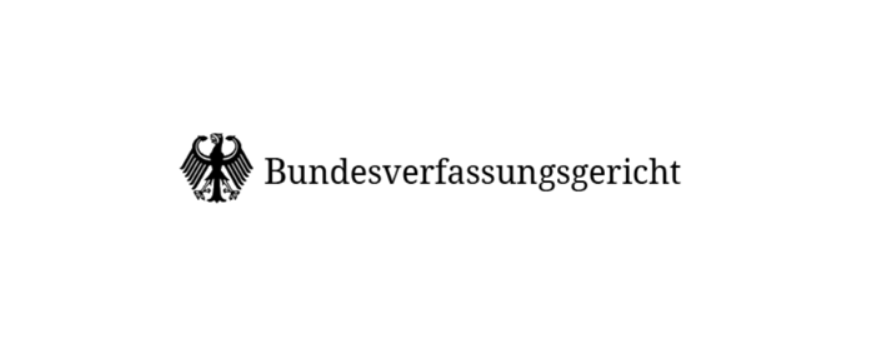UPC – Decision of the German Federal Constitutional Court
On March 20, 2020, the German Federal Constitutional Court has rendered public its decision to partially uphold the constitutional complaint raised against the validity of the law on the Unified Patent Court Agreement (UPCA). Consequently, the German Federal Constitutional Court ruled that the law on the UPCA as passed by the German Federal Parliament is invalid.
On March 10, 2017, the German Federal Parliament passed the law on the UPCA. In response, a private person filed a complaint with the German Federal Constitutional Court on March 31, 2017. One of the grounds raised within the complaint regarded the circumstances of the acceptance of this law by the members of the German Federal Parliament. The law was adopted anonymously, however, at the time of the final voting only a minor fraction of the members was present. This should turn out to be a decisive point with respect to the complaint filed with the German Federal Constitutional Court. Indeed, the Court held that the law is void, as it should have been approved by a qualified majority of two thirds of the members of the German Federal Parliament.
The court ruled that the law on the UPCA cedes national sovereignty to an international court. Thus, such a law is equivalent to a change of the German constitution, which is possible only with a qualified majority of two thirds. According to the ruling, as less than 10% of the members of the German Federal Parliament approved the law on the UPCA, the law on the UPCA is to be declared null.
The approval of the law on the UPCA by Germany is essential for the entering into force of the UPCA and, thus, once again the entering in force of the UPCA and the institution of the Unified Patent Court is slowed down. However, this negative decision also seems to point to a means of fixing it as the Court also dismissed all other grounds raised in the complaint. Thus, one can suspect that the German Federal Parliament needs to approve the law on the UPCA by a majority of two thirds.
It is clear that, in the coming near future, patent disputes resulting from European patents must continue to be handled exclusively by the national courts, which will still give rise to diverging decisions by the varying national courts. The aim of the UPCA is to avoid such divergences and to obtain a harmonization of the decisions related to European patents. Due to this recent decision, it is clear that only the future will show whether or not one day European patents may be disputed before a Unified Patent Court.
Heiko Seeger
© Studio Torta (All rights reserved)




